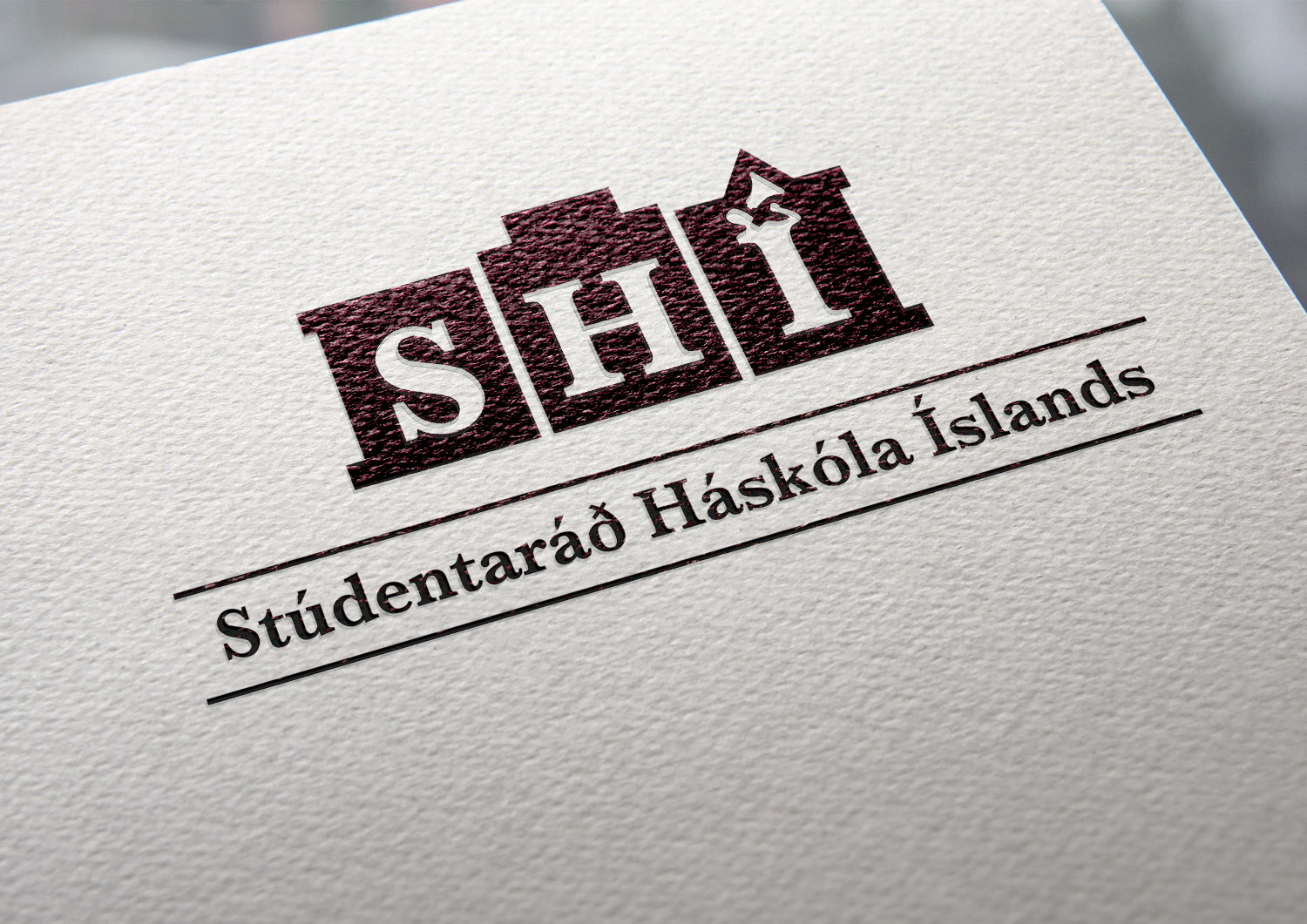Tonight, Isabel Alejandra Díaz was re-elected president of the Student Council of the University of Iceland. The election took place at a special election meeting of the council held online. The new Rights Office and the newly elected Student Council will formally take office after the exchange meeting in May. Isabel was first elected President of the Student Council in the spring of 2020 and was the first person of foreign origin to hold the position of President of the Student Council from the beginning, on the 100th anniversary of the Student Council. Isabel’s heritage can be traced to the Central American state of El Salvador. This year is another milestone in history, as Isabel is the first woman to serve as President of the Student Council for two years in a row.
Isabel championed Röskva’s list of candidates in the elections to the Student Council of the University of Iceland and won with the most votes in March 2020. In parallel with her work as President of the Student Council, she has also served on the University Council and will continue to do so next year. Isabel has previously served as a deputy member of the Student Council and the School Councils, in the 2018-2019 operating year she held the position of deputy member of the School Council of Humanities and Social Sciences in the 2019-2020 school year.
Isabel graduated with a BA degree in political science and a minor in Spanish from the University of Iceland in June 2020. In addition to her studies, she worked at the University of Iceland Continuing Education, UNICEF and was the project manager for Language Magic 2017-2018, a summer course for bilingual and multilingual children in Ísafjörður. Isabel graduated from Menntaskólinn á Ísafjörður in 2016 and received three awards for the highest average grades, and was subsequently the fjallkonan of Ísafjörður on June 17, 2016.
“The past year has clearly shown that the voice of students is important, but also that more often than not there is a real need to work for it. The coming year is no less full of challenges, at the same time as we learn lessons from the pandemic, we will continue to deal with its effects. The difficult situation of students on the labor market and within the student loan system are issues that will continue to require careful advocacy as well as the need to resurrect other issues. I am full of enthusiasm, gratitude and anticipation for the coming year. ” says Isabel.
At the election meeting, the following representatives were also elected to the Student Rights Office:
Vice President: Sara Þöll Finnbogadóttir, outgoing Student Loan Representative 2020 – 2021.
Interest representative: Jessý Rún Jónsdóttir, also student representative on the University Council 2020 – 2022.
Student Loan Representative: Vífill Harðarson



